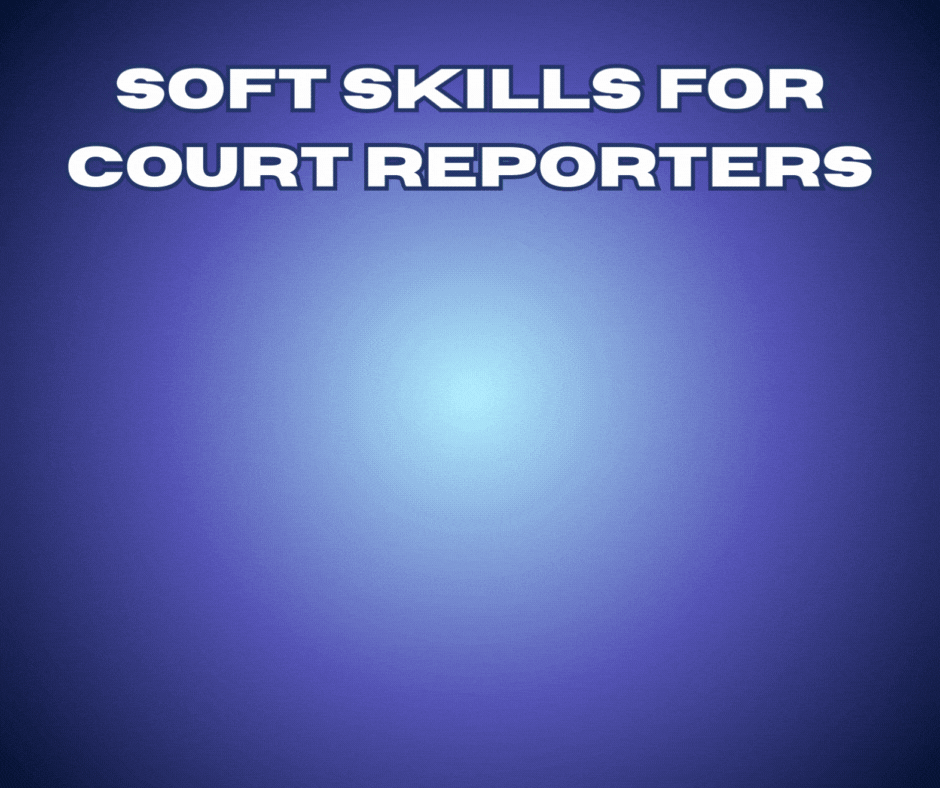By Kim Xavier
When people think of court reporters, they picture fast fingers, sharp ears, and flawless transcripts. But beneath the technical expertise lies another set of skills that often determines our long-term success and sustainability: soft skills. These are learned abilities such as communication, empathy, adaptability, and emotional intelligence. While they are not taught in steno school — or any school, for that matter — they can elevate our careers, our leadership, our relationships, and our reputations in ways that technical skills alone cannot. Having these skills sets us even further apart from artificial intelligence.
What Are Soft Skills?
Soft skills are defined as the interpersonal, emotional, and mental tools that help you interact with and communicate effectively with others. Unlike hard skills (like speed or knowledge of legal terms or grammar rules), soft skills are more subtle and harder to measure. They can include: emotional intelligence, conflict resolution, adaptability and flexibility, time management, stress management, professional communication, team collaboration, leadership style, and presence.
Why Soft Skills Matter for Court Reporters
Court reporting is more than just taking down what’s said. We are often in emotionally charged, high-stakes environments focused on complex relationships and situationships where our presence, demeanor, and communication style can impact the entire proceeding.
Consider these scenarios:
- A courtroom full of tense attorneys and agitated witnesses — your calm professionalism sets the tone.
- A freelance assignment with a difficult client — your ability to de-escalate and maintain boundaries protects your reputation.
- Mentoring a new reporter or student reporter — your patience and encouragement foster the next generation of professionals.
Strong soft skills will showcase you as a respected colleague, a trustworthy professional, a valuable leader, and a resilient business owner. In a field where we are expected to exhibit technical competence 100 percent of the time, soft skills will be a pleasant surprise. They will set you apart, make you memorable, and become your competitive edge. They will help you manage stress, build strong relationships, and position yourself as not just a service provider, but as a trusted, indispensable partner.
Want to Learn More?
Let’s take a deep dive into the specific soft skills court reporters need — whether you’re leading a team, mentoring others, building your business, or navigating the unique challenges of being a woman in this demanding profession.
Stay tuned for more to come in this series: Soft Skills for Success in Court Reporting.
Kim Xavier, RDR, CRR, CRC, CMRS, CRI, is an official and freelance court reporter based in Arlington, Texas. She can be reached at kimberlyxaviercsr@gmail.com














